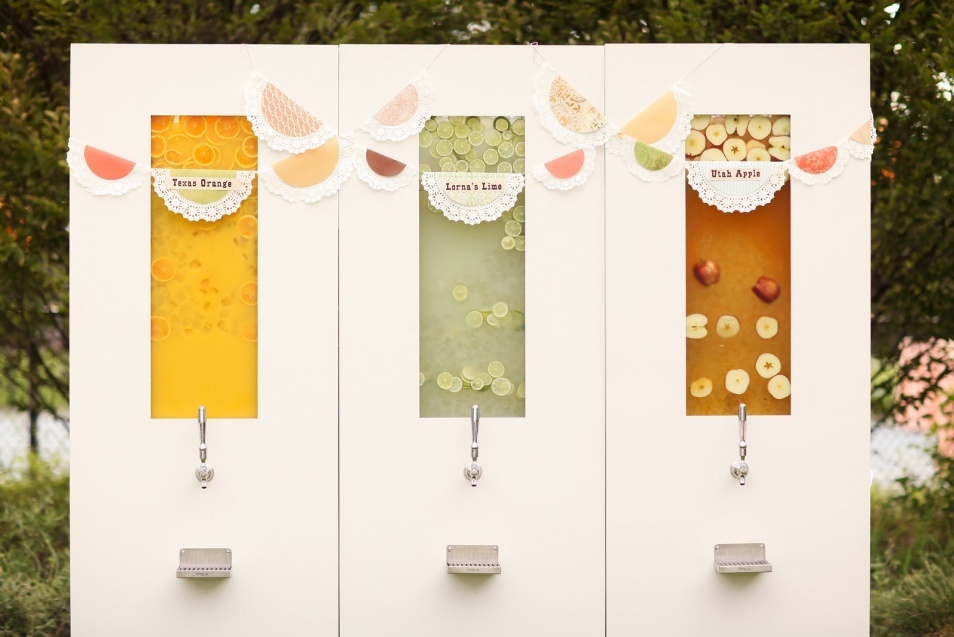"What's the best van to buy for catering?" This is parallel to when a bride asks "How much do you charge to cater a wedding?" As we like to say in our office, it's perhaps easier to ask, "How long is a piece of string?"
The best van(s) for any given caterer will depend on many different factors.
How much space do you need? How much weight capacity? Note that many vehicle owners tend to conflate the questions of cargo volume and weight but, for professional use, it's important to think about each one separately. How many miles will you drive the vehicle each year? What's the average / typical use like? What are the exceptional uses like? How easy / affordable is it to rent? And if you don't purchase, how often would you rent?
However, the simple answer to the question of the pros and cons of larger cargo vans and trucks would include:
Bigger vans can carry more stuff. It’s an obvious statement, but it’s worth slowing down and being clear about the advantages when making a large purchase like a vehicle. If you find yourself more often than not wishing you had more carrying capacity, it makes sense to go bigger. However, if you only need something bigger than what you have a few times a year, it's almost certainly more affordable to rent.
Smaller vans cost less to purchase. Usually a lot less. They also cost less to own and operate. And while each fuel fill up, oil change, battery replacement, new set of tires, etc. of a large vehicle may seem like a small difference along the way, they add up quick and cost a lot more when considered combined.
Small vans are also just easier to drive (and train drivers for) and easier to park - especially in dense urban and metropolitan areas. Having a shorter height van can make a huge difference when you're able to use the underground parking and loading dock of a large office building where a larger truck wouldn't fit. And it can be a huge pain when you pull up to a client's home and discover your 20' box van won't go under the gate so you have to schlep everything 200 yards by hand.
Ultimately, though, the right choice for you might require a more in depth investigation of the actual use the vehicle would see.
How we do it at Culinary Crafts:
In our business, we don't own anything as small as the Transit Connect. We just don't do enough of the small drop-off catering to commit a vehicle and parking stall to such a small van.
However, we do own a variety of vehicles in variety of sizes. We have several standard cargo vans (Chevy Express / GMC Savana, Ford E series, etc.) - no half ton vans, all either 3/4 or full ton chassis. We also have several larger vans with the extended length and high roofs (Sprinters, Transit, Promaster, etc.) - all also 3/4 or full ton). And we also have several large cutaway box vans (Ford and Chevy 1, 1.5, and 2 ton trucks, as well as a Chevy NPR with a crew cab). We even have a couple pickups and large trailers (which we very very rarely take to events).
Just like our employee pool, our fleet was acquired over many years with change and turnover happening every year. Since we cater lots of different events, it's nice to have a variety of vehicles to choose from. However, if I were to go back and build the fleet with a longer term outlook for where we are today and where I expect we'll be in the future, I'd have done some things differently:
I'd have purchased more vehicles at the two peaks of our needs - more of the smaller and shorter vans (probably the Chevy Express) and more of the larger cargo and crew carrying box vans (probably the NPR). I'd have skipped purchasing the in between sized Sprinters and other large vans which are too big to enjoy all the advantages of the small ones, but not big enough to replace the cargo capacity of the box trucks. Admittedly though, the Sprinters may be ideal choice for a caterer who often needs more space than the Express or E Series, but rarely needs as much space as a box truck.
Other factors to consider include:
RWD vs FWD vs AWD or 4WD? The Promasters, for example, do have some drawbacks in comparison to the Sprinters and Transits. But the FWD is very appealing to drivers in the winter and very unique to vehicles of this service type.
Diesel vs gasoline? I'm a firm believer that the diesel design is overall far superior to the spark ignition design. Efficiency, longevity, torque, and reliability are the top factors I think about when comparing engines, and diesels win on all these. Nonetheless, gassers may be the best choice for many applications. Initial investment for a diesel is significantly more. For vehicles covering a lot of miles each year, the investment probably pays off. But for vehicles driving fewer miles the investment can take a long time to create a net return (sometimes never).
-----
Ryan Crafts is the President and COO of Crafts Catering in Utah. Ryan knows catering like the back of his hand. The palms of his hands, however, show signs of a childhood spent doing dishes, repairing trucks, and playing with fire. Ryan lives and breathes the art of catering. His work and passions are one.
photocredit: Culinary Crafts

